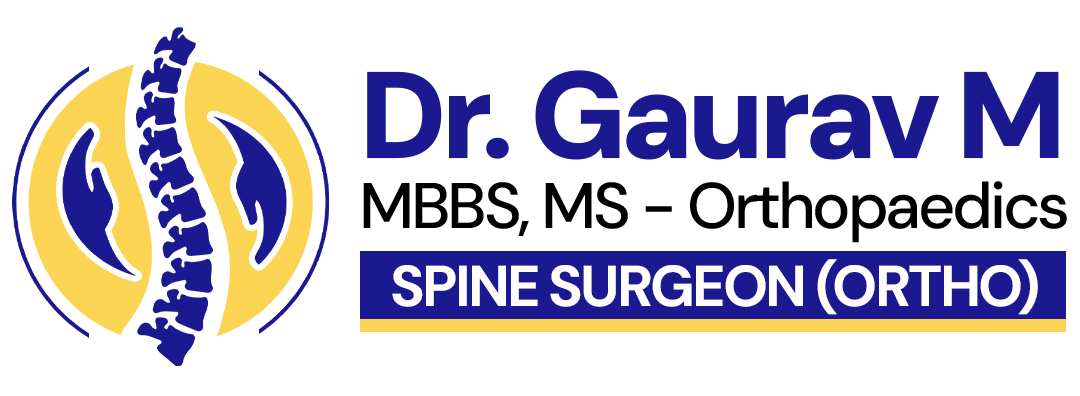Back pain is incredibly common—most people will experience it at some point in their lives. Often, it’s a temporary discomfort caused by poor posture, a long day at work, or sleeping the wrong way. But when back pain lingers, intensifies, or is accompanied by other symptoms, it could signal a deeper spinal issue that needs specialized attention.
As an Orthopaedic Spine Surgeon, I’ve seen countless patients ignore warning signs, delaying treatment until the problem becomes more complex. Recognizing the signs early can make a significant difference in treatment outcomes and overall quality of life.
1. Pain That Persists Beyond a Few Weeks
Acute back pain caused by a muscle strain typically improves within a week or two with rest and simple measures. But if your pain lasts longer than 4-6 weeks, it’s no longer “normal.” Persistent pain may indicate an underlying issue like a herniated disc, spinal stenosis, or degenerative disc disease that requires professional evaluation.
2. Pain That Radiates to Your Arms or Legs
When back pain is accompanied by tingling, numbness, or shooting pain down your legs or arms, it may be a sign that a nerve is being compressed. This is common in conditions like sciatica or cervical radiculopathy, and it’s best managed with early intervention—sometimes through minimally invasive procedures like Endoscopic Spine Surgery.
3. Weakness or Loss of Control
If you begin to experience muscle weakness, difficulty walking, or loss of bladder or bowel control, you should seek immediate medical attention. These are potential signs of nerve or spinal cord compression, and delays in treatment could lead to long-term complications or irreversible damage.
4. Severe Night Pain or Unexplained Weight Loss
Back pain that worsens at night or wakes you from sleep—especially when combined with unexplained weight loss or fatigue—can be a red flag for more serious conditions like spinal infections or tumors. These need timely diagnosis and often a multi-disciplinary treatment approach.
5. You’ve Had a Fall, Injury, or Are Over 50
For individuals over 50, especially those with osteoporosis or history of trauma, even minor falls can lead to compression fractures or spinal instability. If you experience sudden back pain after an injury, it’s important to get it checked with an X-ray or MRI.
When to Visit a Spine Specialist Like Me
While general physicians and physiotherapists can treat common back pain, you should consider visiting a spine specialist if:
Your symptoms are persistent or worsening
Conservative treatments haven’t worked
You’re developing neurological symptoms (numbness, weakness)
You need clarity on whether surgery or advanced care is necessary
Final Thoughts
Not all back pain is a cause for alarm—but when it becomes chronic, radiates, or affects your movement or daily life, it’s time to listen to your body. As a spine specialist trained in both open and minimally invasive techniques, I offer tailored care plans—from physiotherapy guidance to advanced surgical solutions—to help you regain comfort and mobility.
Don’t wait for back pain to take control of your life. Early diagnosis and the right treatment can get you back to doing what you love—pain-free.


